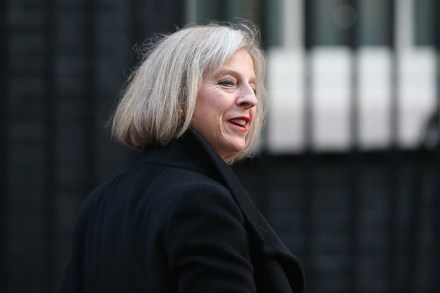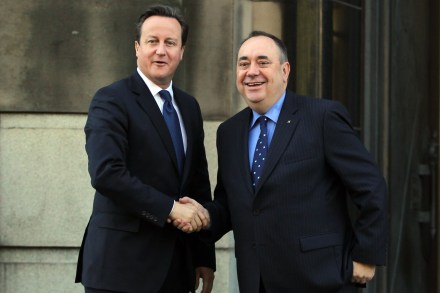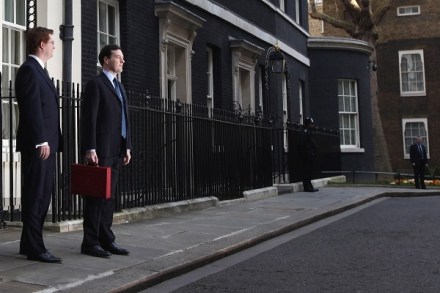John Hayes: Muslims are right about Britain
John Hayes, the prime minister’s latest tribune, achieved some fame or infamy, depending on your view, when he wrote the following article for the Spectator on 6 August 2005, a month after the 7/7 bombings. I wonder if he still holds these views, and, if he does, whether the prime minister agrees with him? Muslims are right about Britain Many moderate Muslims believe that much of Britain is decadent. They are right. Mr Blair says that the fanatics who want to blow us up despise us, but he won’t admit that their decent co-religionists who are the best hope of undermining the extremists at source — despair of us. They


















